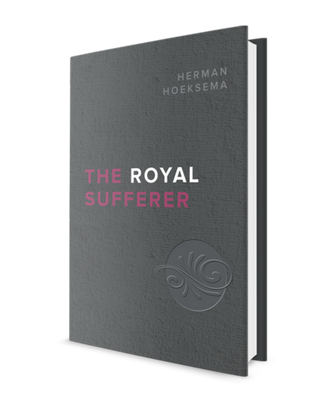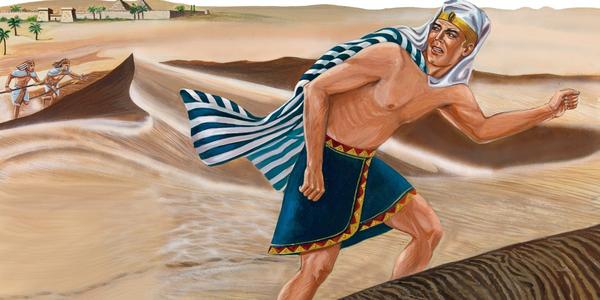Your cart is empty now.
Coming in 1 month!
IN ONE MONTH volume two of The Belgic Confession commentary will be printed, completing the two-volume set written by Professor David J. Engelsma.
We provide you with an excerpt from Chapter 17: Justification as Experience.
Justification by faith alone, without works, not only excludes works from God’s justifying act, but also from the believer’s knowledge and certainty of righteousness with God. If this were not the case, “we should always be in doubt, tossed to and fro without any certainty, and our poor consciences would be continually vexed.”
Therefore, to teach that in the end the experience and assurance of righteousness with God are realized by the sinner’s good works, or are somehow dependent upon the good works of the sinner, is the denial of justification by faith alone. In that case, faith would need the help of the sinner’s works to give the blessing of justification. Union with Christ and his work would not be enough.















